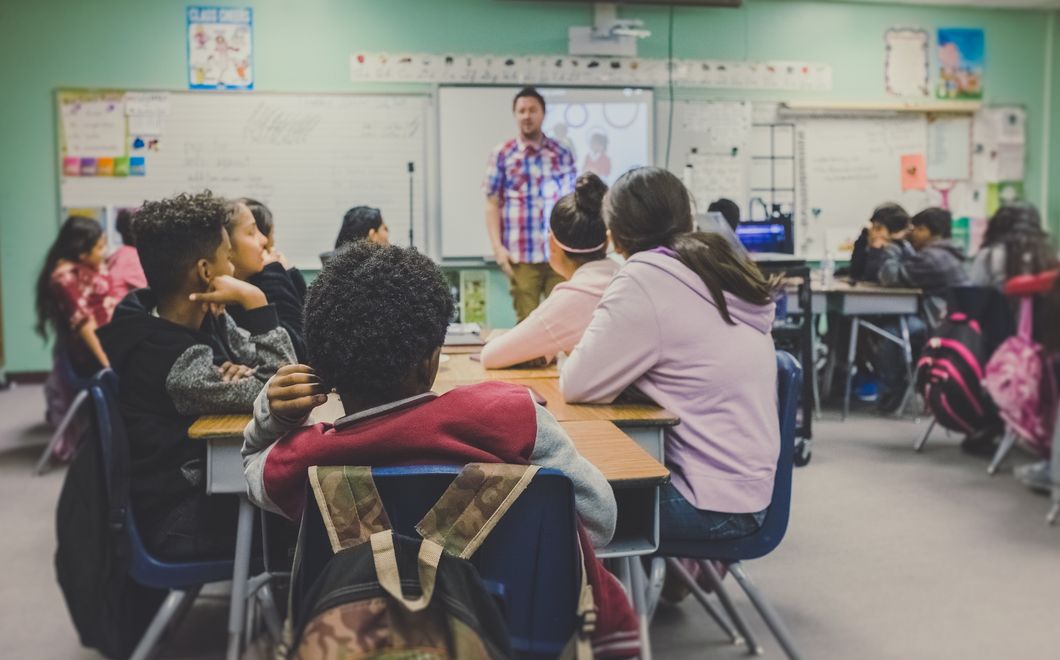Looking back at my years in public school, one of the things I wish had happened sooner is learning a second language. I took French in high school partly because I come from a mainly French background; partly because I already knew some basics due to being a ballerina most of my life, so I knew some basics; but mostly because I was actually interested in learning it.
We use language in many different ways, whether it is to communicate our thoughts and feelings, connecting to each other, or identifying with our culture.
Learning a second language can be very beneficial.
For starters, learning a second (or third) language is beneficial not only because it can boost academic performance and achievement, but also because it is good for giving more understanding of the different cultures that surround us. Those children that are exposed to a second language and by default, that culture at a young age might have a more positive reaction to people from that particular (or any) culture in the future.
Recent findings have overwhelmingly shown that when a dual language person uses one language, the other is subconsciously active at the same time.
According to a 2012 report from Eurostat, in most European countries, students begin studying their first foreign language as a compulsory school subject between the ages of 6 and 9. Of course, this varies between countries, but that doesn't mean its any less important. So why not do that here in the US?
In today's world, knowing more than one language is increasingly becoming a crucial skill. When searching for careers and applying to jobs the person who knows a second language may just win out over a person who only knows their native language because of how invaluable it is.
Many studies have shown that children who learn a second language at a young age have cognitive advantages, such as increased problem-solving skills and creativity. For example, a person who learned two languages growing up might have an easier time learning a third as an adult because of being able to pay attention to the details.
The society, as a whole, of course, could benefit when those kids are older and become caring global citizens who can communicate with and appreciate people from all different types of life.
It ultimately comes down to the idea that the younger they start, the more they learn.

















